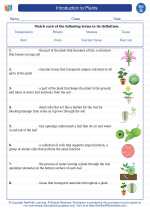Introduction to Plants -> anchorage
Anchorage in Science
Anchorage in science refers to the ability of a structure or organism to hold firmly to a surface or substrate. This concept is important in various scientific disciplines, such as physics, biology, and engineering.
Biological Anchorage
In biology, anchorage is crucial for understanding how plants and animals maintain their position and stability. For example, in plants, roots provide anchorage by firmly holding the plant in the soil and absorbing water and nutrients. In animals, specialized structures such as suction cups, hooks, or adhesive pads allow them to anchor themselves to various surfaces.
Physical Anchorage
In physics and engineering, anchorage is a key consideration in designing structures such as buildings, bridges, and dams. The ability of these structures to withstand forces such as wind, water, and gravity relies on the strength of their anchorage to the ground or other supporting surfaces.
Study Guide
Here are some key points to understand about anchorage:
- Describe the importance of anchorage in biology and give examples of how different organisms achieve anchorage.
- Explain the role of anchorage in physics and engineering, and how it affects the stability and strength of structures.
- Discuss the factors that can affect anchorage, such as surface texture, adhesion, and the forces acting on the anchored object.
- Compare and contrast the methods of anchorage used by different organisms or structures, and evaluate their effectiveness in various conditions.
- Consider real-life applications of anchorage, such as the design of architectural structures, medical devices, or industrial equipment, and analyze the importance of reliable anchorage in these contexts.
◂Science Worksheets and Study Guides Seventh Grade. Introduction to Plants

 Worksheet/Answer key
Worksheet/Answer key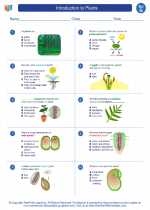
 Worksheet/Answer key
Worksheet/Answer key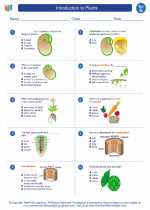
 Worksheet/Answer key
Worksheet/Answer key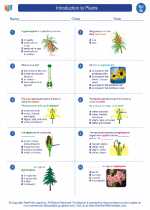
 Worksheet/Answer key
Worksheet/Answer key
 Vocabulary/Answer key
Vocabulary/Answer key
 Vocabulary/Answer key
Vocabulary/Answer key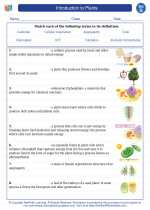
 Vocabulary/Answer key
Vocabulary/Answer key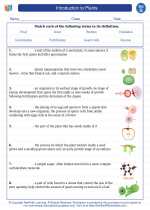
 Vocabulary/Answer key
Vocabulary/Answer key
 Vocabulary/Answer key
Vocabulary/Answer key